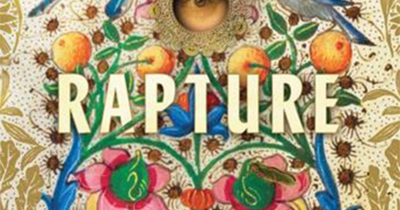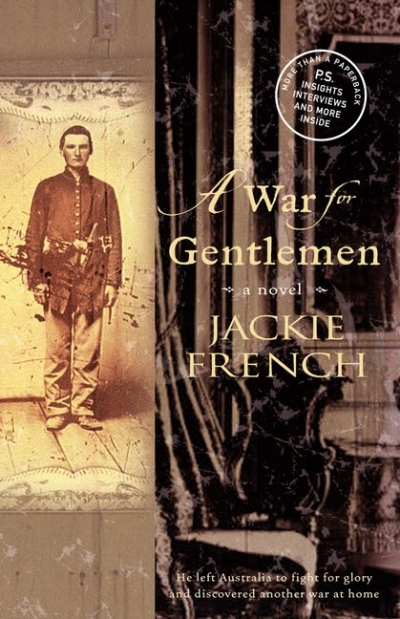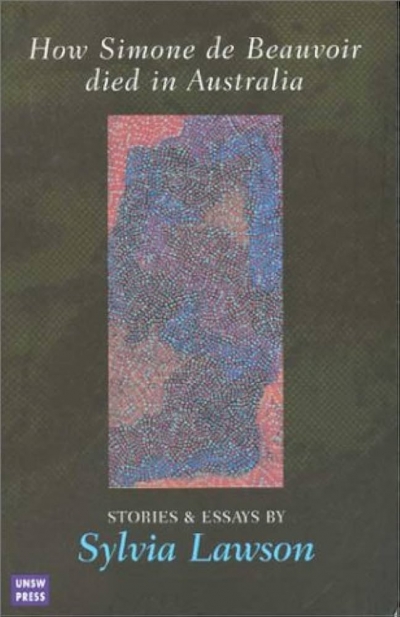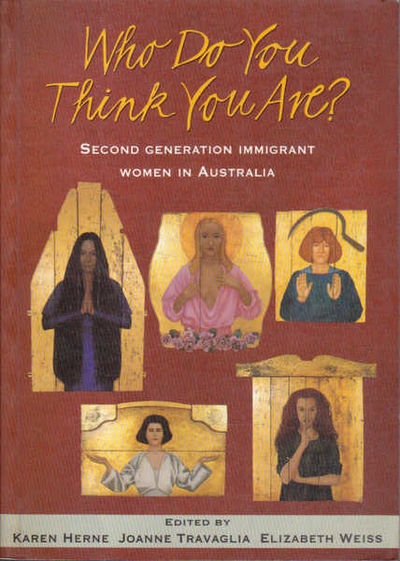Heather Neilson
Gore Vidal (1925–2012) emphatically rejected any conventionally religious version of an afterlife. In an essay, ‘Armageddon?’ (1987), he contrasted his own view on the matter with that of Norman Mailer. ‘[B]ecause there is no cosmic point to the life that each of us perceives on this distant bit of dust at galaxy’s edge, all the more reason for us to maintain in proper balance what we have here. Because there is nothing else.’ Five years later, in Screening History, a meditation on the significance of cinema in his own life, Vidal suggested that the medium of film offers an alternative possibility of immortality.
... (read more)How Simone de Beauvoir Died in Australia: Stories and essays by Sylvia Lawson
by Heather Neilson •
Who Do You Think You Are?: Second generation immigrant women in Australia edited by Karen Herne, Joanne Travaglia, and Elizabeth Weiss
by Heather Neilsen •








